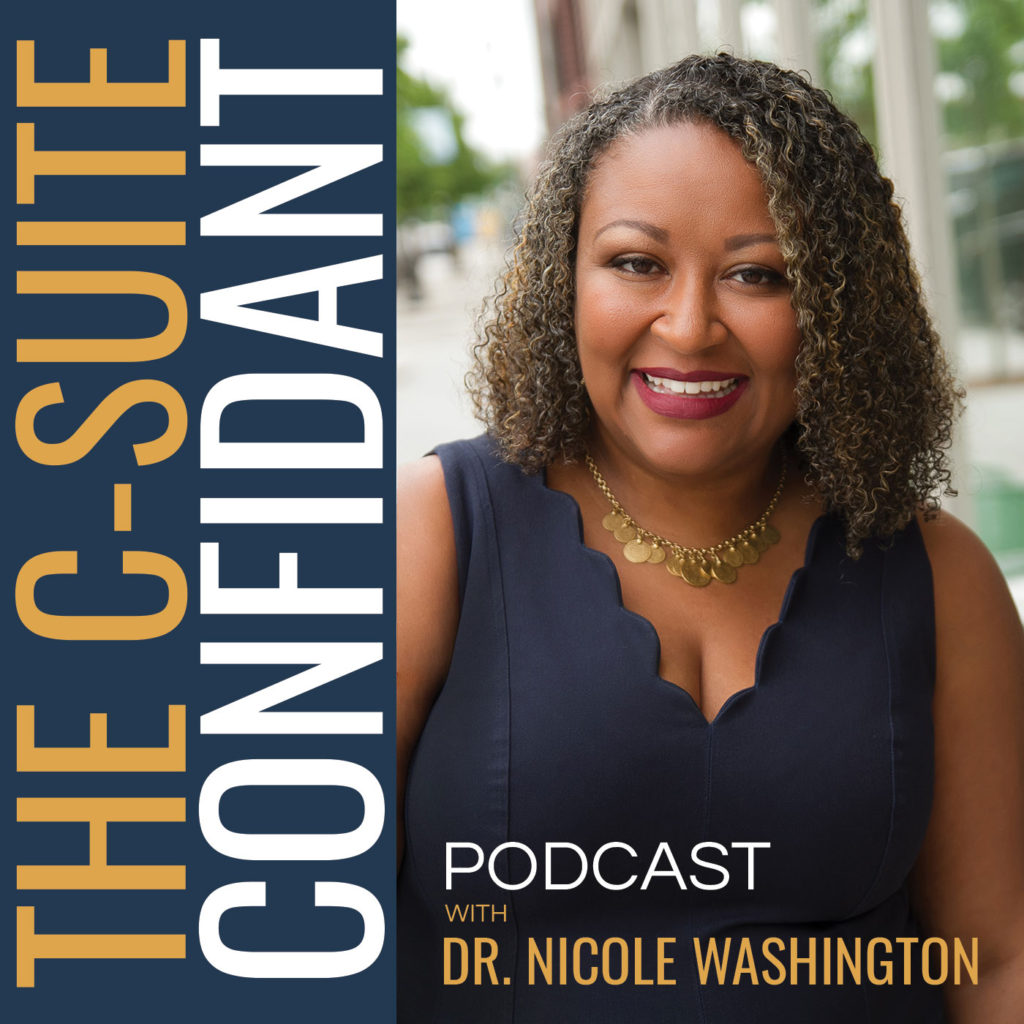Many people have work stress that can interfere with sleep, but did you know that if you have hypertension in addition to your work stress and poor sleep that your risk of death from a cardiovascular event is three times that of those who have no work stress and good sleep? These are findings from a recent study published in the European Journal of Preventive Cardiology and they should have a significant effect on how we approach our health and our work environment. These findings should also have some effect on how employers deal with employee health. In this study, work stress was defined as having high pressure and minimal control over decision-making. I am sure that if you’ve ever worked in an environment where you had a lot pressure and expectations but limited ability to do anything to change the situation, you can agree that this is indeed stressful. While it would be great if all employers found a way to decrease work stress, we know that isn’t reality.
If a change in work environment is possible, then considering a change can be beneficial in decreasing this stress. For those of you who can’t realistically change jobs, then you are tasked with working on finding ways to decrease your overall stress levels on your own. Tips for doing so include:
- Starting your day off with some time for prayer or meditation – Taking just a few minutes each morning before work can set the tone for your day
- Breaks – I know it is a foreign concept to most of you, but just taking a 15-minute break to clear your thoughts and get some sun can make a world of difference to break up the monotony of your stressful day.
- Avoiding toxic people – Staying away from people who complain a lot or who always find ways to stir up others can improve negative attitudes in a stressful environment.
If impaired sleep plagues you, working to figure out the cause can be lifesaving. Starting with your primary care physician for a physical exam is the first step. Also, if there are any untreated mental health disorders such as depression or anxiety, those should be addressed because both can have negative effects on sleep. If you still have no cause discovered, it is time to think about behavioral changes that can be made to improve sleep including decreasing caffeine in the evening, limiting napping during the day, establishing a relaxing bedtime routine, limiting use of electronics once you have prepared for bed, routine exercise, and limiting time spent in bed to sleep and sexual encounters.
Lastly, if you have a history of hypertension, please make effort to stay in treatment with your physician for management. If you don’t go to the doctor often, or at all, check you blood pressure at the pharmacy and if it is out of range, make an appointment to have it addressed right away. Blood pressure can reach dangerously high levels before your body tips you off that something is wrong, and the consequences of untreated hypertension can include heart attack, stroke, and kidney failure to name a few.
There are a lot of things about our work environments that we have little control over, but taking the time to establish good self-care practices can improve our quality of life and decrease the burden that work stress can impose. We only have one body, so doing everything we can to keep it running at optimal functioning is key to a long, healthy life.
Dr. Nicole Washington is a board-certified psychiatrist, speaker, author and host of The C-Suite Confidant, a biweekly podcast covering topics pertinent to mental wellness for the high performer. She enjoys educating others on all things mental wellness in hopes of decreasing the stigma associated with mental health issues.







